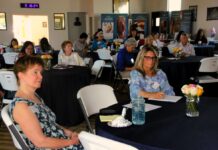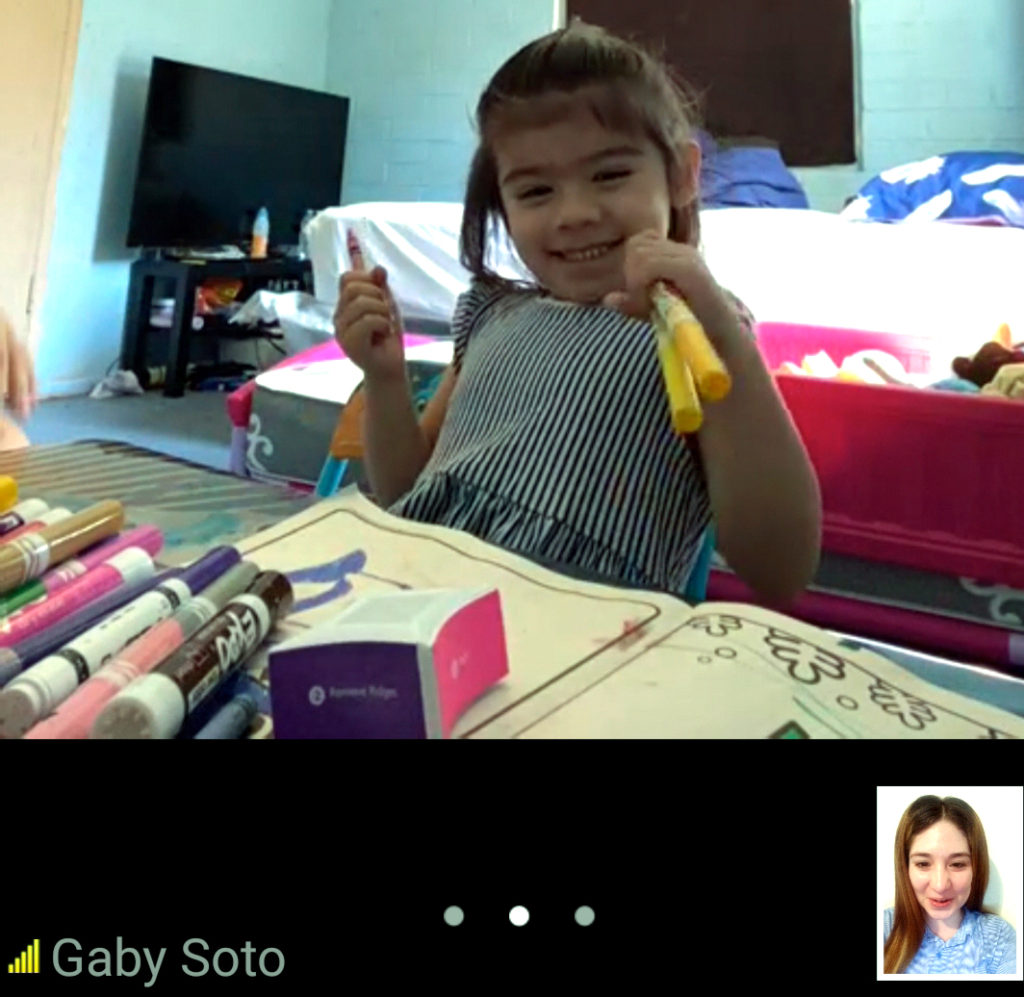
Two of Arizona’s largest Catholic agencies serving seniors and the less fortunate continue to curtail activities while adapting to serve their clients as the global coronavirus pandemic deepens in the Grand Canyon State.
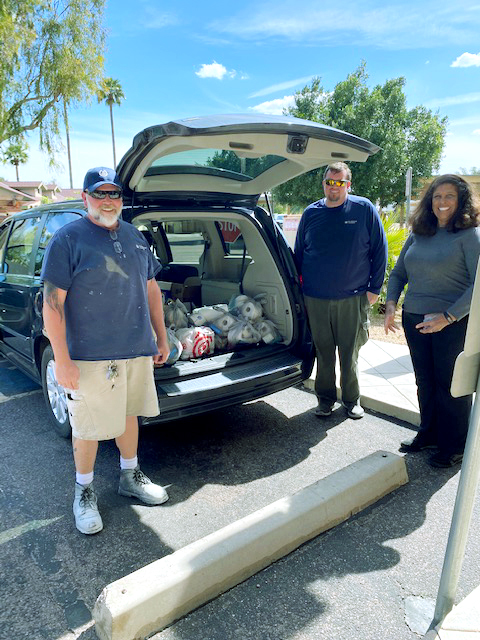
“We’re still operating,” said Foundation for Senior Living President and CEO Tom Egan. “What we’re seeing is a shift in how we meet people’s needs.”
FSL, which serves clients in their homes and at day health centers, has closed the centers in Peoria and Wickenburg, focusing on delivery of essential items — mainly food and toiletries — to those at home.
“We’re finding out what people need and dropping it off,” Egan explained. The drop-offs are ‘non-contact.’
Staff drive to a client’s location, stop and bring the items to the door, ring the bell, then head back to their vehicle, where they watch for someone to answer and pick up the items.
At Catholic Charities, there are different services, but the same situation.
The agency continues all of its programs, but they are being conducted in a virtual setting or by phone, where possible.
“People are having to learn technology in a way they never have before,” said marketing director Jean Christoffersen.
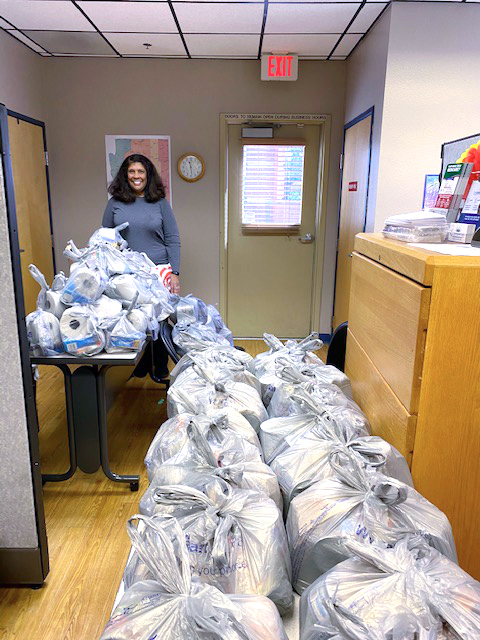
For example, the Westside Head Start program, which provides comprehensive early childhood education for children ages 0-5, those with special needs, foster children and homeless families, sees participants typically taught in a learning center, where parents also can meet with teachers.
“None of that can take place now,” Christoffersen explained, “so teachers and staff are having to check in with parents and families multiple times a day to make sure they have lesson plans and materials, and parents are doing the ‘home schooling.’”
Both agencies operate housing, but it has been affected, too. That includes Catholic Charities’ MANA House facility for homeless veterans and My Sisters’ Place, a home for domestic abuse survivors and their children in addition to FSL’s adult behavioral-health group homes.
“We’ve had to close the community rooms and tried to educate them about social distancing,” Egan said of the FSL group homes.
At My Sisters’ Place, community areas — including kitchens — are cleaned and sanitized multiple times a day. Case management is taking place by phone.
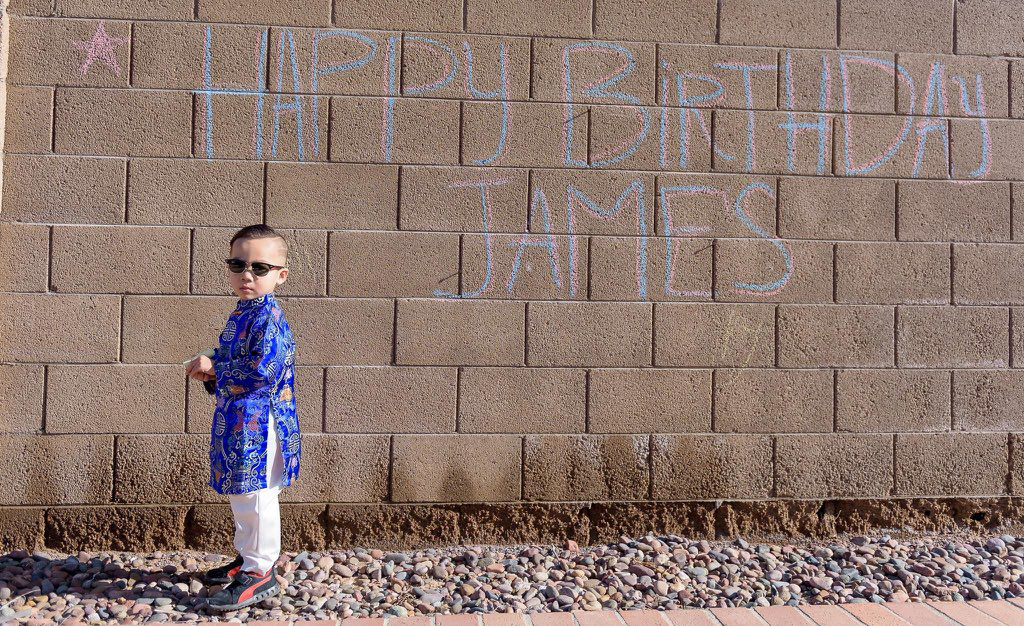
“They are having to make some pretty big adjustments, but they are making it work,” Christoffersen said.
At housing complexes, resident services coordinators are on-site only when a specific need arises but available by phone.
Staffs are innovating as well. FSL has 900 seniors who live in affordable housing managed by the agency. While most are in Phoenix, Egan pointed out there are properties in rural areas, where seniors cannot get to a grocery store.
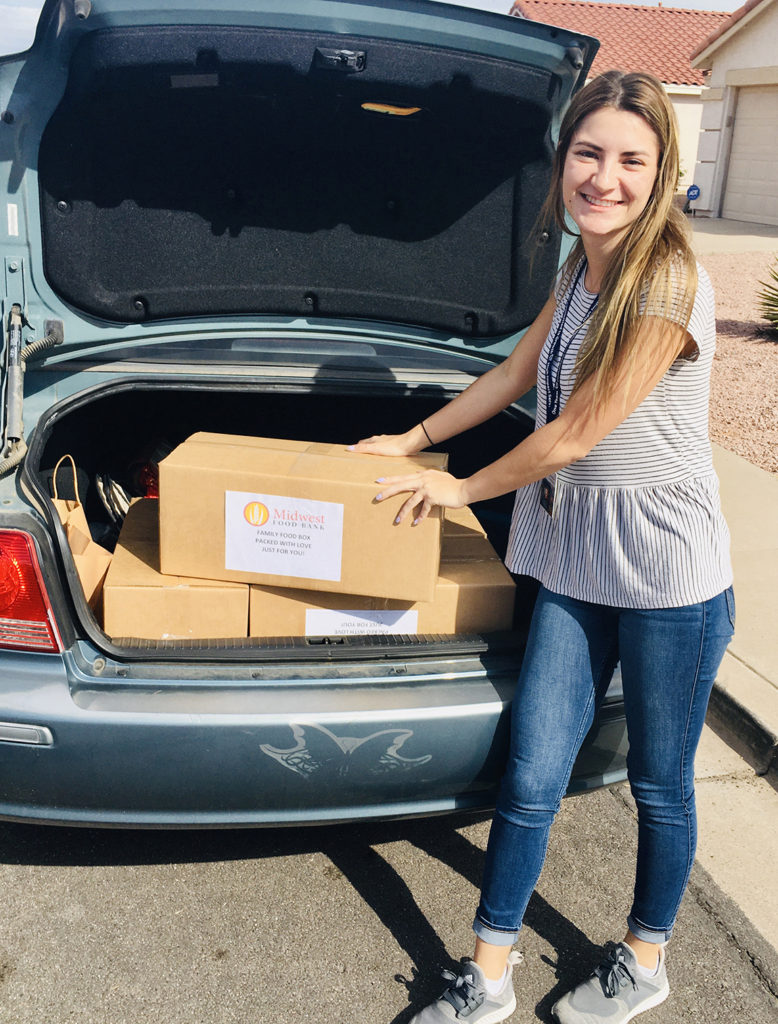
“In Coolidge, the stores were cleaned out. So, we had someone up here (in Phoenix) put packages together and deliver them. That’s about a 4-hour round trip,” Egan said.
At Catholic Charities’ Rosewood Court in central Phoenix, staff member Steven Lopez arranged to get meals into the hands of children who are without the breakfasts and lunches they normally would eat at school.
“He made that phone call and took that upon himself,” Christoffersen said. “That was a huge step.”
Meanwhile, corporations and charitable foundations have stepped up to help. Catholic Charities has begun collecting for an emergency relief fund.
“We received word today (March 27) we will get a grant from the (Virginia G.) Piper (Charitable) Trust of $100,000. We’re thrilled,” Christoffersen said.
As of March 27, there had been no furloughs, although Egan acknowledged it was a real possibility at FSL. He noted the recently enacted federal stimulus package will provide some relief to those individuals.
FSL has received large donations from the Phoenix Suns, Blue Cross/Blue Shield, MercyCare, SRP and Waymo and Wells Fargo, as well as several smaller businesses. “In challenging times, the Catholic community rallies,” Egan said.
Still, the agencies have concerns, especially since there is no indication when the pandemic will end. “There’s been nothing like this,” Egan said.



